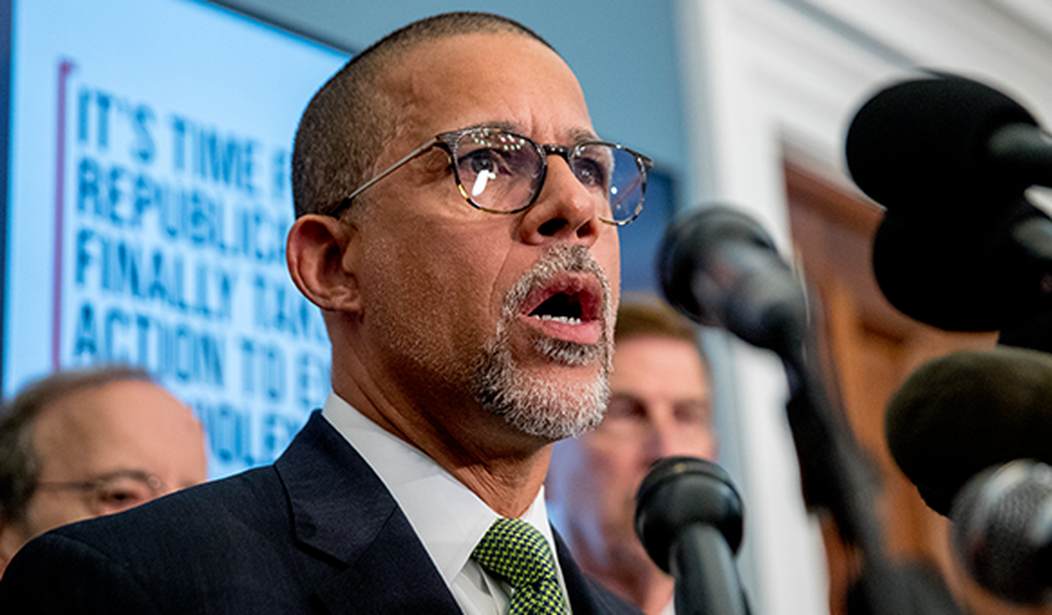Manchester, NH - When former South Bend Mayor Pete Buttigieg said that he would not have called for the strike that killed Iranian terror leader Qassem Soleimani, Twitter was outraged, to say the least. Soleimani was a monster who helped orchestrate past bombings as well as the attack on the U.S. embassy in Iraq.
Yet, in the post-debate spin room, Buttigieg's team tried to suggest that that was one of his best answers.
He showed great "restraint, yet confidence" when thinking about that question, according to his New Hampshire co-chair Maura Sullivan, who served as a senior leader at the Pentagon under President Obama. She said she saw "up close and personal how life and death decisions are made, the type of person we want in the Situation Room, someone who has the temperament, who doesn't just respond yes or no to, 'would I do that strike?' without looking at all the facts." And that person, she said, is Mayor Buttigieg, especially after his Soleimani answer.
"That was a presidential moment," she insisted.
I pushed back and noted that Soleimani, according to national security intelligence, was plotting more attacks on Americans.
"It is very clear he's got the blood of a lot of Americans on his hands," she admitted. "Including a lot of soldiers, sailors, and Marines that I served with in Iraq. But you have to look at the long term strategic consequences of that action and Pete is the commander in chief who is going to think through the first second, third, fourth, fifth order of consequences of any decision that he makes for the United States and of our entire global community."
Recommended
Maryland lawmaker Anthony G. Brown, another campaign surrogate for the mayor, tried to suggest that it was Trump who did the most damage to American servicemen and women because Iran's retaliatory strikes left many with brain injuries.
Mayor Pete’s team trying to explain his Soleimani answer after I mentioned the terror leader was plotting more attacks on Americans. #DemDebate pic.twitter.com/XmsyQlp0q2
— Cortney O'Brien (@obrienc2) February 8, 2020
"What we saw from the attack is that he put U.S. service members at greater risk and you have now 30 or so that are now experiencing traumatic brain injury," Brown said. "That's a lifelong potentially debilitating condition that President Trump inflicted on U.S. service members because of his reckless conduct."
He insists there were alternatives the commander in chief could have taken. He didn't list those alternatives.

























Join the conversation as a VIP Member